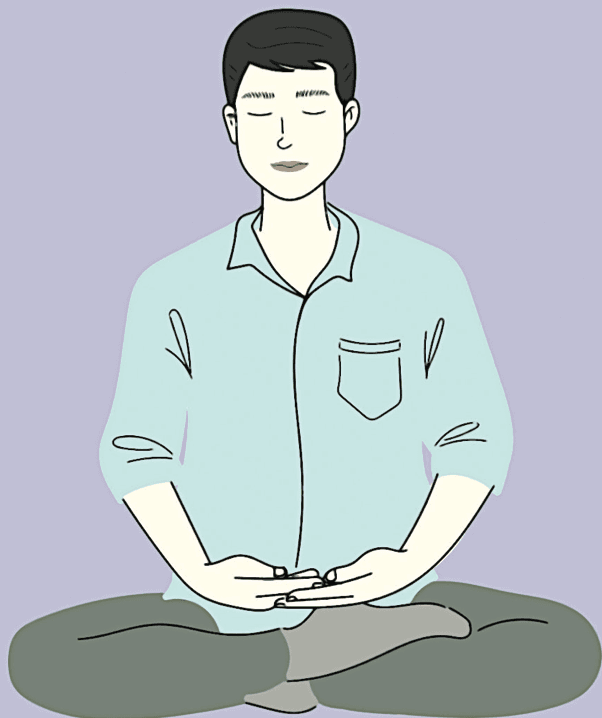By: BK Dr. Savita
Source: The Daily Guardian https://epaper.thedailyguardian.com/view/2822/the-daily-guardian/15
Dated: August 9th, 2025

When we set out on the path of self-improvement, the first thing we need is knowledge and guidance on what to do, what not to do, how to go about it, the likely hurdles on the way, and how to overcome them. A close friend, relative, or a mentor might give helpful advice, and there are hundreds of thousands of books and websites offering tips on how we can develop better focus, self-control, emotional maturity, and productivity.
However, knowledge alone is not sufficient. It helps broaden our understanding of the world and the self, and gives us the tools to make informed decisions in order to improve ourselves. But without reflection and self-awareness, study can become an intellectual exercise. We may memorise all the right points, and then fall into the trap of thinking that our work is done – “Now I know it all”. Knowing what to do is easy; doing it appropriately and consistently is where most of us struggle. Self-improvement may require us to change our habits or mindset, which is much harder than just acquiring information. We need to apply knowledge, evaluate our progress, identify mistakes, and adjust our approach. Self-assessment and recalibration of our efforts is best done in silence.
The practice of silence plays a powerful and often underappreciated role in self-improvement. In silence, distractions fade and we are left with our thoughts and emotions. Wisdom, which is the ability to apply knowledge in the right manner in different situations, arises from silent reflection, and from experience. Actually, even experience has to be reflected upon for it to yield valuable lessons – otherwise we may just label our experiences as good or bad, or hold others responsible for them. That is a superficial way of looking at our experiences. When we give time and attention, in silence, to examine whatever is going on in our life, we will discover the thought patterns, fears, and desires that influence our actions and subtly determine the trajectory of our life. It is only after we have identified the underlying causes of our experiences that we can bring about meaningful change in the self and begin to see the desired results.
Practising silence — especially in forms like meditation and mindful reflection — sharpens attention and strengthens mental clarity. Silently observing our emotions without reacting impulsively also improves our patience, reduces anxiety, and cultivates emotional intelligence. Moreover, creative thoughts and solutions emerge more naturally in quiet moments.
In extended periods of silence, when the mind is still and there is no clutter of thoughts clouding the eye of the intellect, we can look into the deep recesses of the mind and see hitherto unseen facets of our character and personality. We become aware of the beliefs, prejudices, and social conditioning that have shaped our attitudes and behaviour unwittingly.
There is also something beautiful to discover – it cannot be seen with the eyes but can be perceived by the intellect. When we ‘see’ the light of the soul, it veritably lights up our life. Recognising the self, and others, as immortal, originally pure souls, changes the way we see ourselves and others. Contemplating our true identity makes us aware of the spiritual kinship that binds all souls together. Going a step further, in silence the soul comes to recognise and accept its connection with a higher power – the Supreme Soul. When we start believing in and trusting that Benevolent Being, we begin to experience His love and compassion. Regular communion with Him, through remembrance, fills us with His power and virtues, which heal, empower, and restore tired, broken souls to wholeness again. Souls realise that as children of the Almighty, they are strong, not weak, and they have nothing to fear as He is with them. The feeling of being whole, of belonging to Him, and knowing that He is always there for us, brings peace, contentment, joy, and confidence, all of which generate the pure wish to help others connect with the Father, so that they too can benefit like us, by walking the path of silence.

BK Dr. Savita is a Rajyoga teacher
at the Brahma Kumaris headquarters in Abu Road, Rajasthan.



